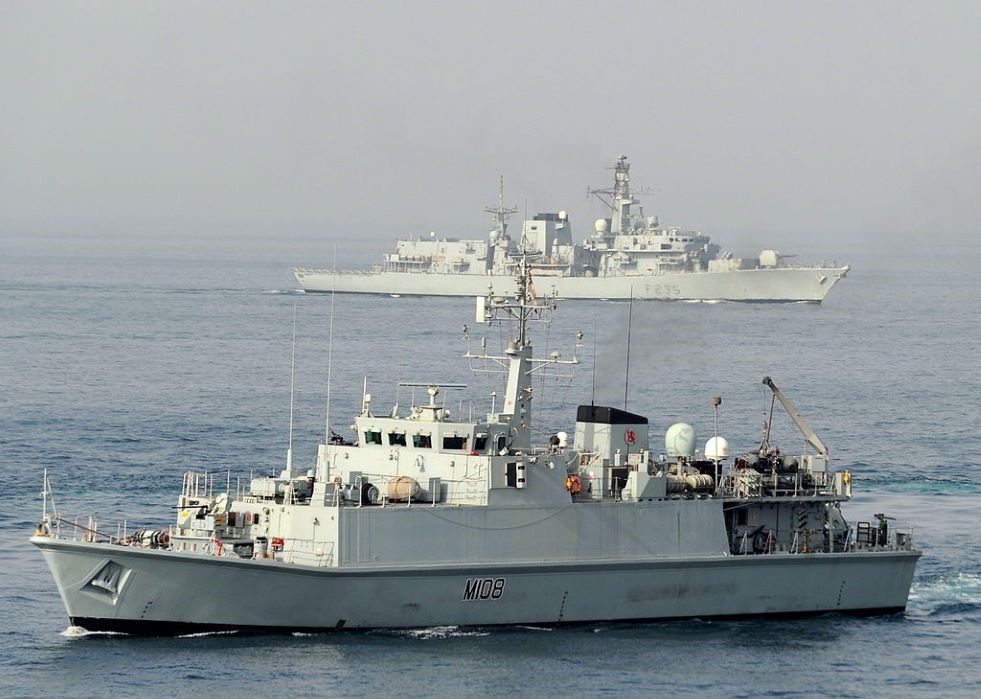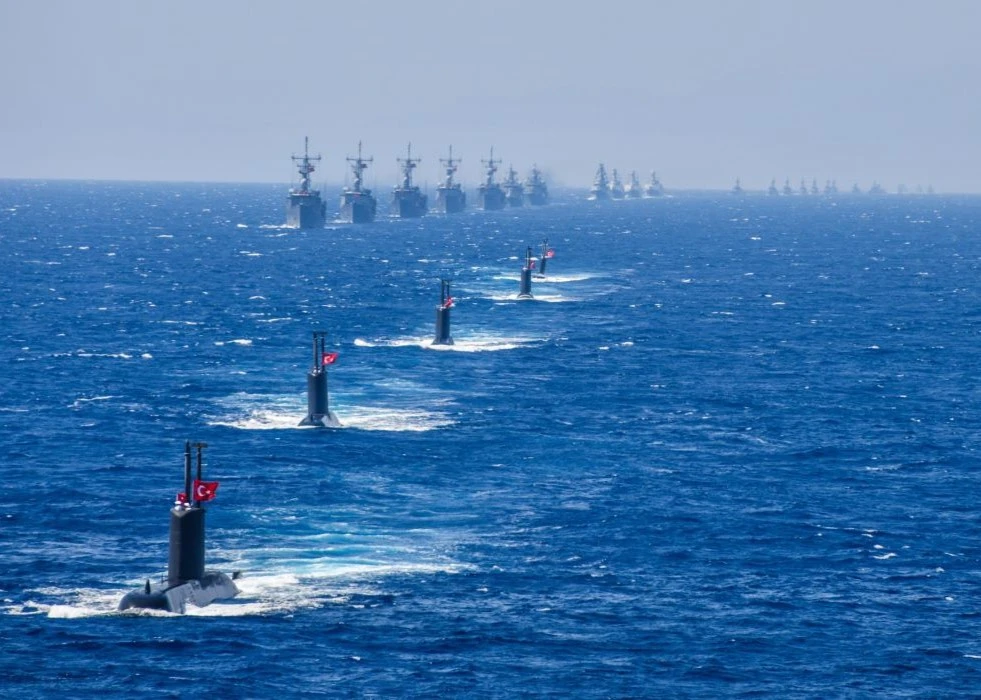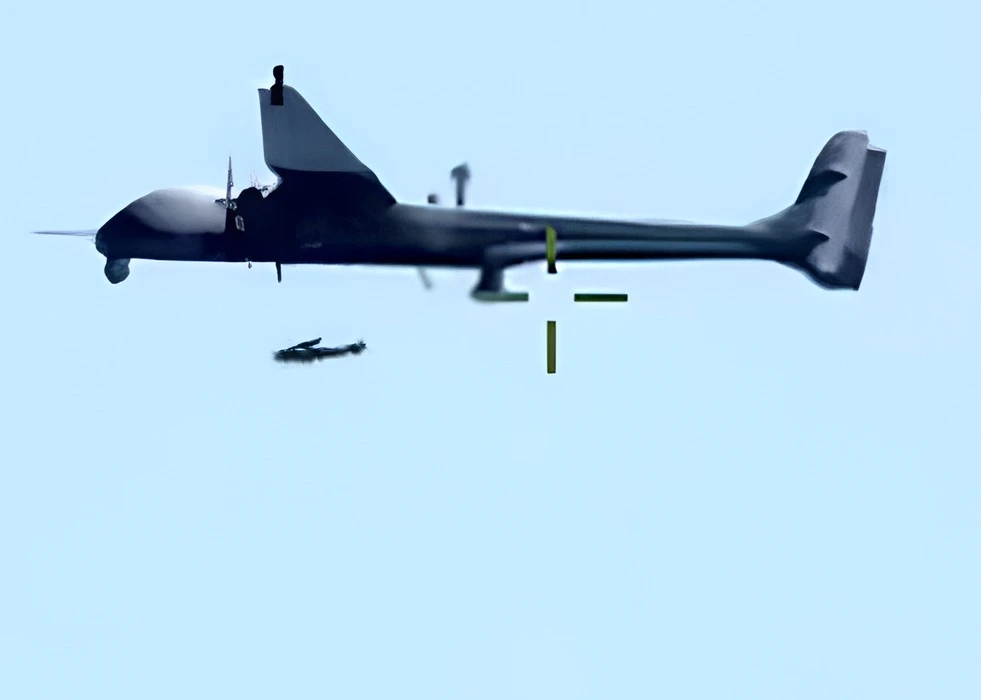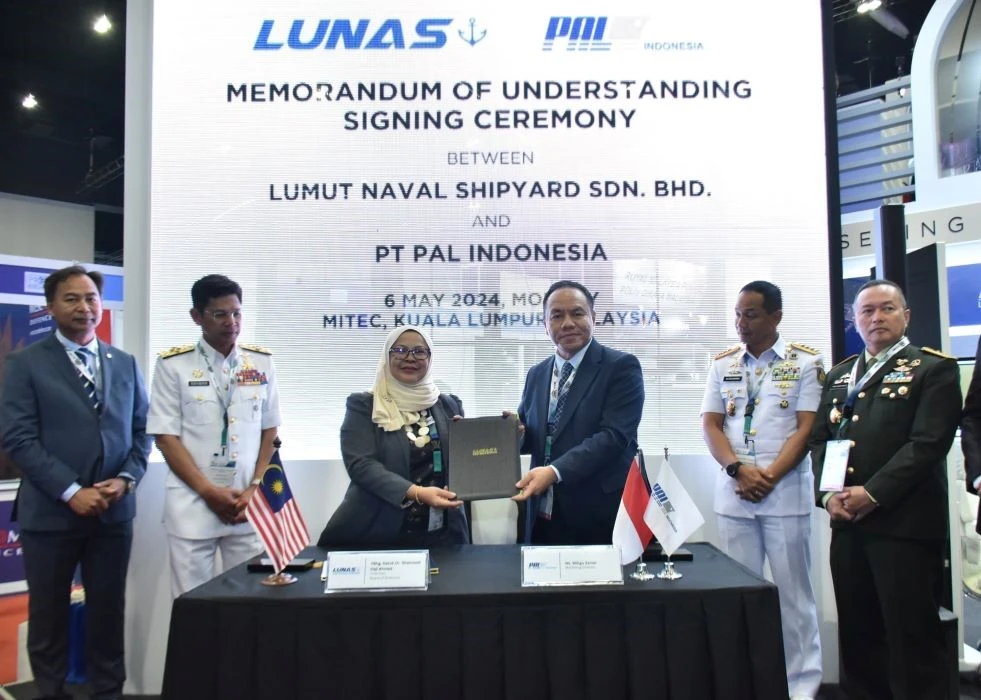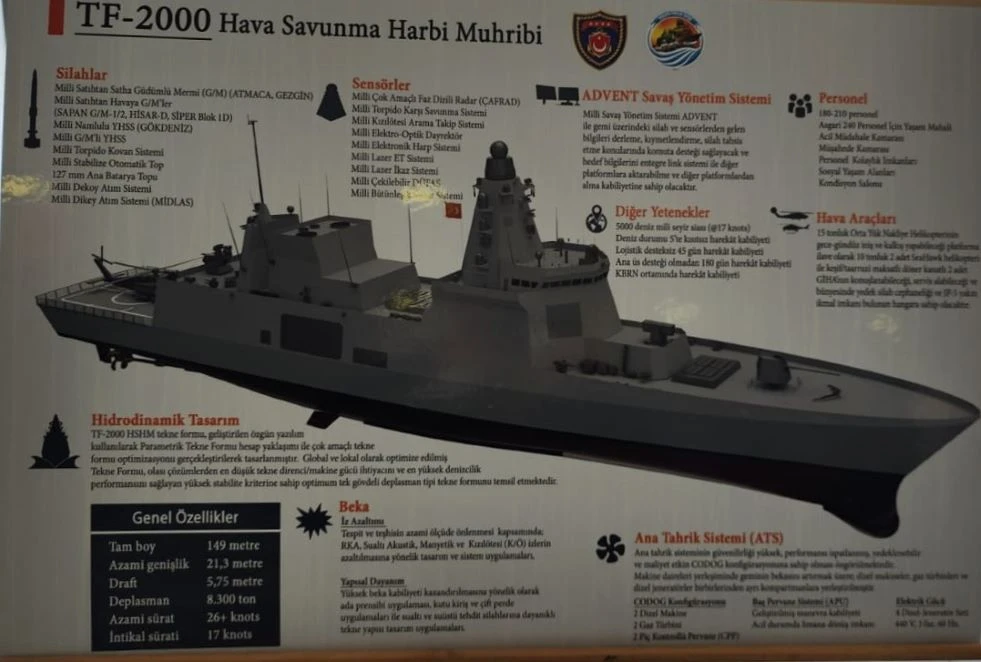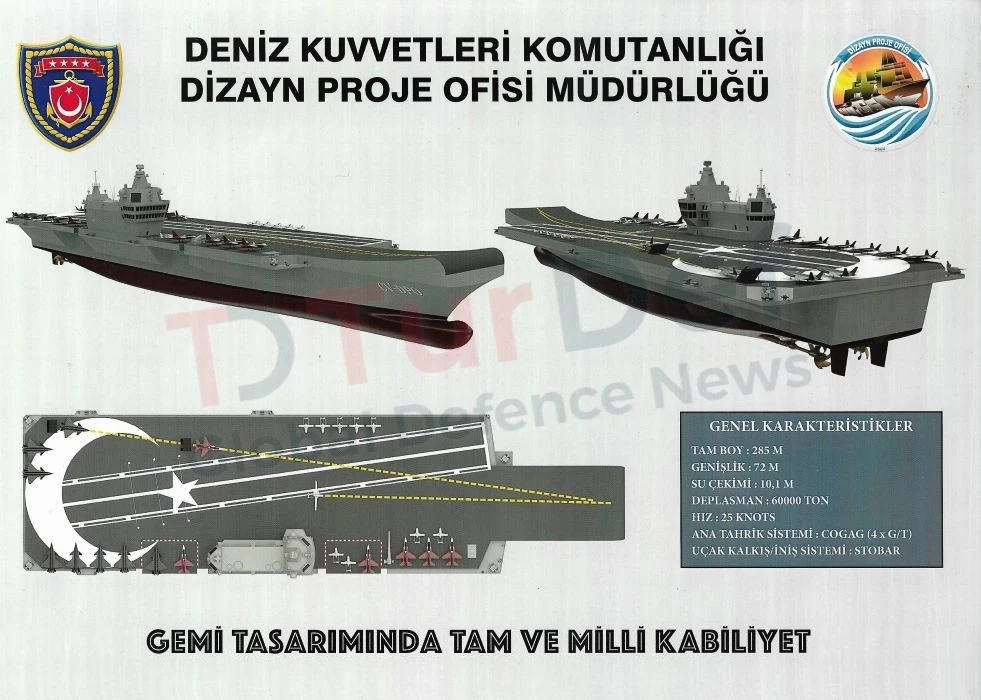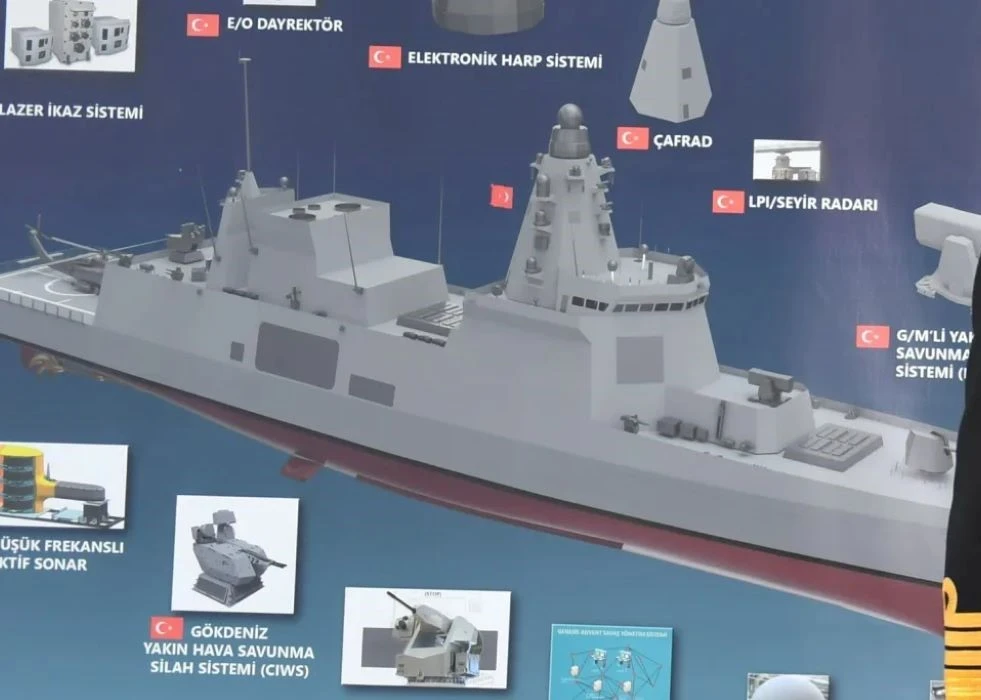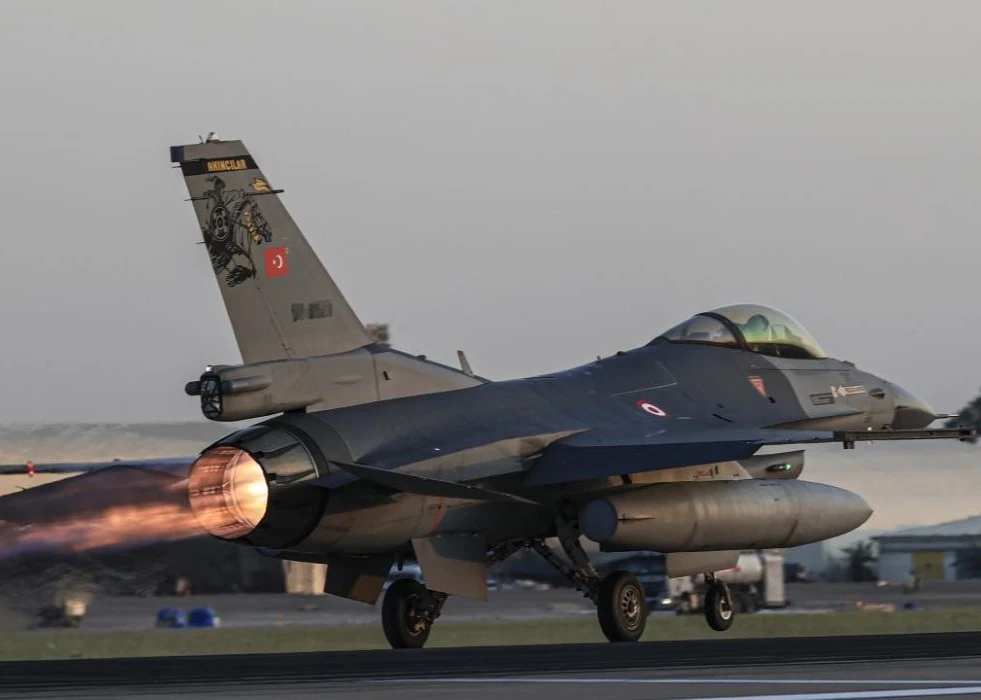U.K. and Norway want to send two 600-ton mine hunters to the Black Sea to clear the mines. Due to the Montreux Convention, Turkiye denied their passage from the Dardanelles (Çanakkale) and Istanbul Strait.
British analysts claim that minehunters are defensive and do not pose a threat to the Russian Navy.
On December 11, the United Kingdom and Norway announced the creation of a “coalition for maritime capabilities” of Ukraine, with the objective of enabling the Ukrainian navy to “defend its territorial waters” and “strengthen security in the Black Sea.
On this occasion, British Defence Minister Grant Shapps announced that the Royal Navy would hand over the Sandown-class minehunters HMS Grimsby (M108) and HMS Shoreham (M112) to the Ukrainian Navy.
These ships will provide Kyiv with “vital capabilities that will help save lives at sea” and “help secure crucial maritime routes for the export of Ukrainian grain via the Black Sea,” he explained.
Turkiye indicated on January 2 that it would not authorize their transit via the straits of the Istanbul Strait and the Dardanelles, referring to the Montreux Convention, signed in 1936.
“Turkiye implements the Montreux Convention in an impartial and meticulous manner,” argued the Turkish Presidency via a press release. “It’s about avoiding an escalation in the Black Sea,” the president added.
Turkiye has blocked access to the Black Sea for all foreign military vessels since March 1, 2022. “We have decided to use the Montreux Convention in such a way as to prevent the escalation of the crisis,” said Turkish President Recep Tayyip Erdogan.
According to the Montreux Convention, merchant vessels enjoy freedom of passage through the Turkish Straits, while passages of vessels of war are subject to some restrictions that vary depending on whether these vessels belong to Black Sea littoral states or not.
Articles 19 and 20 state that no foreign military ship can enter the Black Sea during war.
Besides some general restrictions applicable to all, vessels of war belonging to non-littoral States are subject to specific restrictions, such as those regarding maximum aggregate tonnage and duration of stay in the Black Sea.
The principal provisions of the Convention ruling the passages of vessels of war are outlined below:
Aircraft carriers, whether belonging to littoral States or not, can in no way pass through the Turkish Straits.
The maximum aggregate tonnage of non-littoral States in the Black Sea is 45.000 tons.
In this regard, the maximum aggregate tonnage of the vessels of war that one non-littoral State may have in the Black Sea is 30.000 tons.
Vessels of war belonging to non-littoral States cannot stay more than 21 days in the Black Sea.
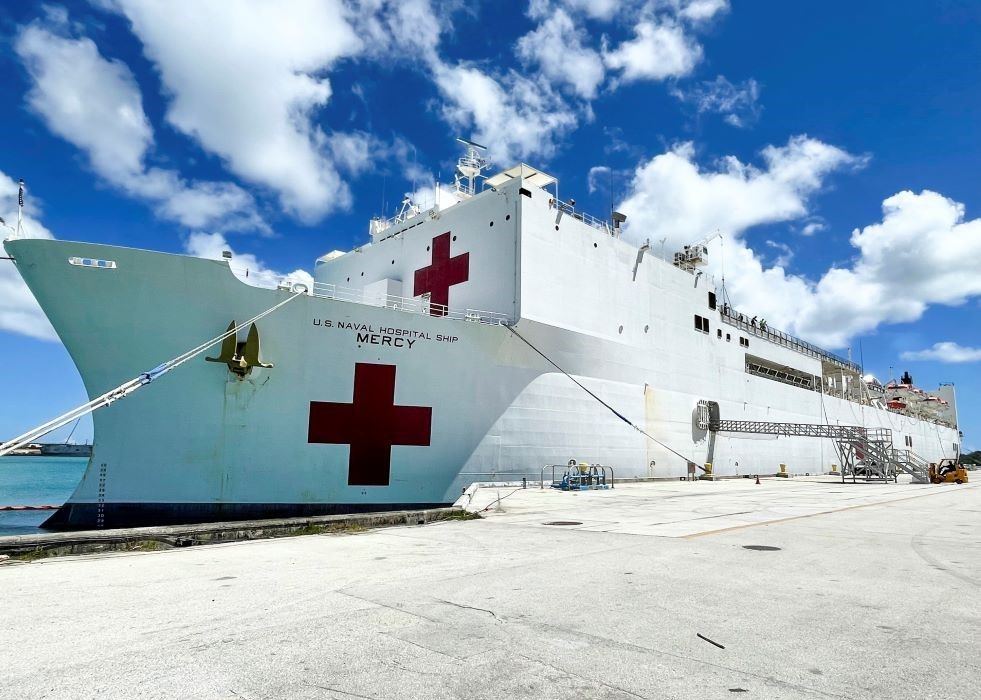
The U.S. wanted to violate the Montreux Convention several times. It wanted to use Samsun and Trabzon harbours on the Black Sea coast to launch the first attack on Iraq in 2003. This act would practically break the tonnage and duration limitations.
2008, another by-passing attempt was put into practice when a war between Russia and Georgia broke out. The U.S. wanted to send Navy Mercy-class hospital ships, USNS Comfort T-AH-20 and Mercy T-AH-19, with a displacement of around 70,000 tons each. The U.S. played for the "NATO Alliance" card, but Turkiye denied any kind of pressure.
Breaking the Montreux Convention would also allow Russia to deploy its Baltic Fleet at the Black Sea. Russian Navy has only Black Sea fleets operating in the Black Sea.

